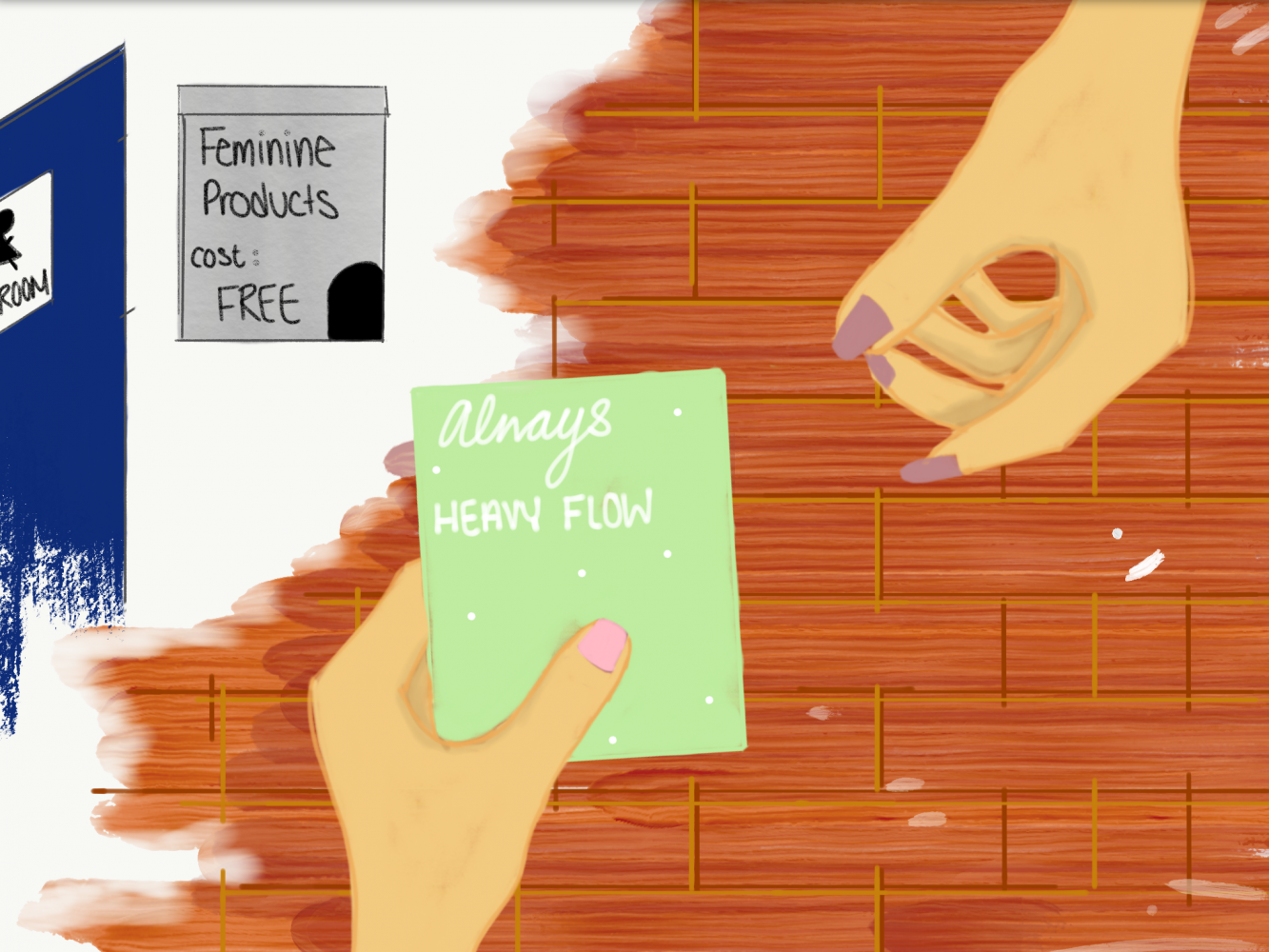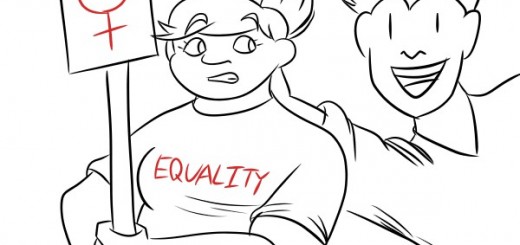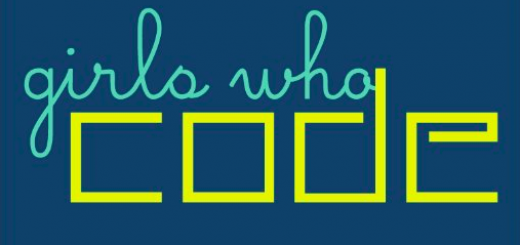New law will help to lessen stigma around menstruation

With the passage of state bill HB3215 in August, Illinois has mandated that schools with students in grades 6 through 12 provide feminine hygiene products for free in girls’ bathrooms. This legislation, which will go into effect in 2018, is a huge step in the right direction, making menstrual products more accessible and helping decrease the stigma women still experience due to menstruation.
Although half the population menstruates, it is often treated as taboo. In 2015, some of artist Rupi Kaur’s work was temporarily censored on Instagram because it depicted menstrual blood. Occurrences like these make women feel that periods are embarrassing or shameful, adding to the pressure many women feel to grin and bear the inconvenience and occasional pain they experience. Most women have concealed a pad or tampon in a pocket or shirt sleeve at some point in their life, but the passage of bill HB3215 is a hopeful sign that menstruation will not be treated as an embarrassing secret for much longer.
Providing students with an easily accessible supply of pads and tampons is an important step towards ending the taboo surrounding menstruation. Conant has long stocked feminine hygiene products in the nurse’s office, but this well-intentioned method is far from ideal. Students might feel embarrassed about asking for pads or tampons, and sometimes an emergency trip to the nurse’s office just isn’t feasible. In addition, keeping these products in the nurse’s office, rather than in plain sight in the bathrooms, makes menstruation seem like something that should be kept secret, rather than a normal occurrence. Having free menstrual products in bathrooms will make them less awkward and more convenient to obtain, allowing girls to devote their full attention to their classes.
In addition to decreasing the stigma around menstruation, HB3215 will ensure that all students have the opportunity to thrive. Access to menstrual products is no trivial issue. The average American woman spends $70 a year on pads and tampons, an expense that some low-income women cannot afford. As a result, not everyone can count on having all the supplies they need, which can lead to stress and even cause students to miss school, negatively impacting their learning. Once free menstrual products are more readily available, more students will be able to take full advantage of their educational opportunities.
HB3215 will be greatly beneficial to students when it goes into effect, but there are plenty of women who will still have difficulty obtaining feminine hygiene products, and there are still more steps that need to be taken. Lowering the price of pads and tampons and providing them for free in more public places would enable low-income and homeless women to obtain the supplies they need without having to choose between these or some other necessity.
In addition, HB3215 does not specify whether menstrual products must be made available in all bathrooms or only in women’s bathrooms. Regardless of what the bill mandates, schools should provide menstrual products in all bathrooms. This way, transgender students in need of these necessities will not have to choose between their comfort and their menstrual hygiene. As HB3215 goes into effect, Conant should make an effort to be inclusive and ensure that everyone has a chance to benefit from the bill.
The passage of HB3215 is an important milestone in the process of ending the taboo around menstruation and allowing all students to thrive. Although there is still much progress that must be made before all women have access to these essential products, Illinois has made a wise choice, and states that have yet to adopt similar legislation should follow its example.




Recent Comments